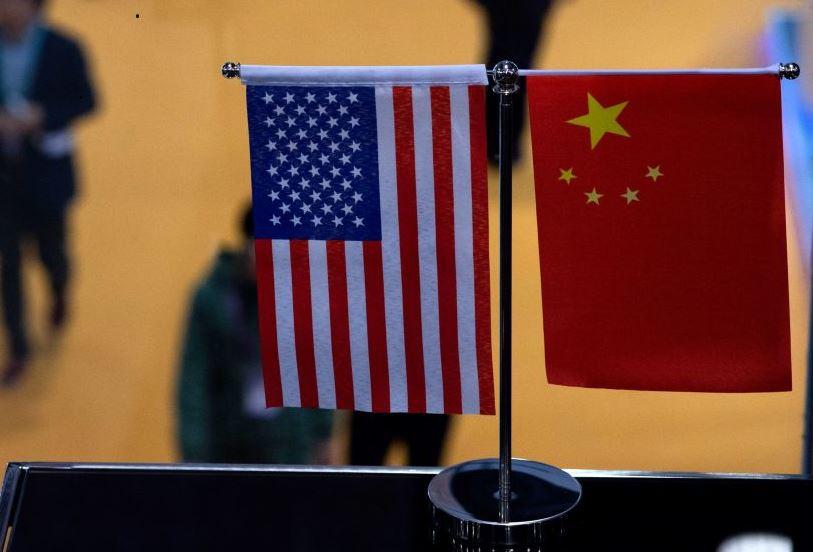The US election is weeks away, and Democrat nominee Joe Biden is currently leading over the incumbent Donald Trump in opinion polls. This doesn’t mean Biden will win, but it does give hope that the tension between US and China will not escalate if Biden became the new president.
However, Biden is certainly not going to be friendly towards China either. The tension between the two countries might be easing in the short term, but conflicts in trade, intellectual property, the South China Sea and blame surrounding the Covid-19 pandemic are ongoing.
Could Biden relieve tension between China and US?
Biden has backed free trade and globalisation for the last 30 years in Congress, and he may act toward China with more diplomacy. However, since Trump has instigated a hard fight against the Chinese government, Biden is unlikely to take an entirely opposite approach. He will most likely to maintain a hard line, but in a more conventional way. So far, Biden has indicated that he will look to ally with other countries in trying to change WTO rules to curb China’s expanding economic power.
The difference between Trump and Biden will be the degree of disruption they bring to China and US relations. A democratic government will continue the policy to bring manufacturing back to the US and job protection, imposing tariffs on Chinese goods already in place. US farmers probably won’t like such a damaged relationship, since China does have huge buying power over agricultural goods. To meet the demands, Biden might reduce some of the tariffs and attempt to lighten the tone.
Nonetheless, it will eventually bring some relief to the intense relationship between the two countries if Biden defeats President Trump.
What is going to happen to the wider markets if Biden wins?
History shows that the US markets gained eight times during the past 10 US election seasons. A democratic government looks more supportive to bullish markets than a Republican government. It doesn’t necessarily repeat the same way, but a Biden win will certainly bring hope of relief in the tension surrounding tariffs, to which markets might react even more bullishly.
Apart from trade relations, the Trump administration tightened policy over US-listed Chinese companies. The measure may force these companies to delist from US stock markets and re-list in the Hong Kong or London exchange. Chinese giant Alibaba already had a secondary listing on the Hong Kong stock exchange last year. Some other companies like Baidu and JD.com may follow. In other words, US markets will be less dominant with China more open to foreign investors. An extended stay in office for President Trump is going to put downward pressure on these companies’ share prices, while a Biden presidency holds better hopes for Chinese companies and their US investors, even if he maintains tightened regulations.
It’s worth keeping in mind that the current market's bullish momentum is being driven mostly by the central banks stimulus monetary policy and the optimism of an economic recovery. So the US election may only have a short-term effect on the markets, whatever the result.
Disclaimer: CMC Markets is an execution-only service provider. The material (whether or not it states any opinions) is for general information purposes only, and does not take into account your personal circumstances or objectives. Nothing in this material is (or should be considered to be) financial, investment or other advice on which reliance should be placed. No opinion given in the material constitutes a recommendation by CMC Markets or the author that any particular investment, security, transaction or investment strategy is suitable for any specific person. The material has not been prepared in accordance with legal requirements designed to promote the independence of investment research. Although we are not specifically prevented from dealing before providing this material, we do not seek to take advantage of the material prior to its dissemination.






